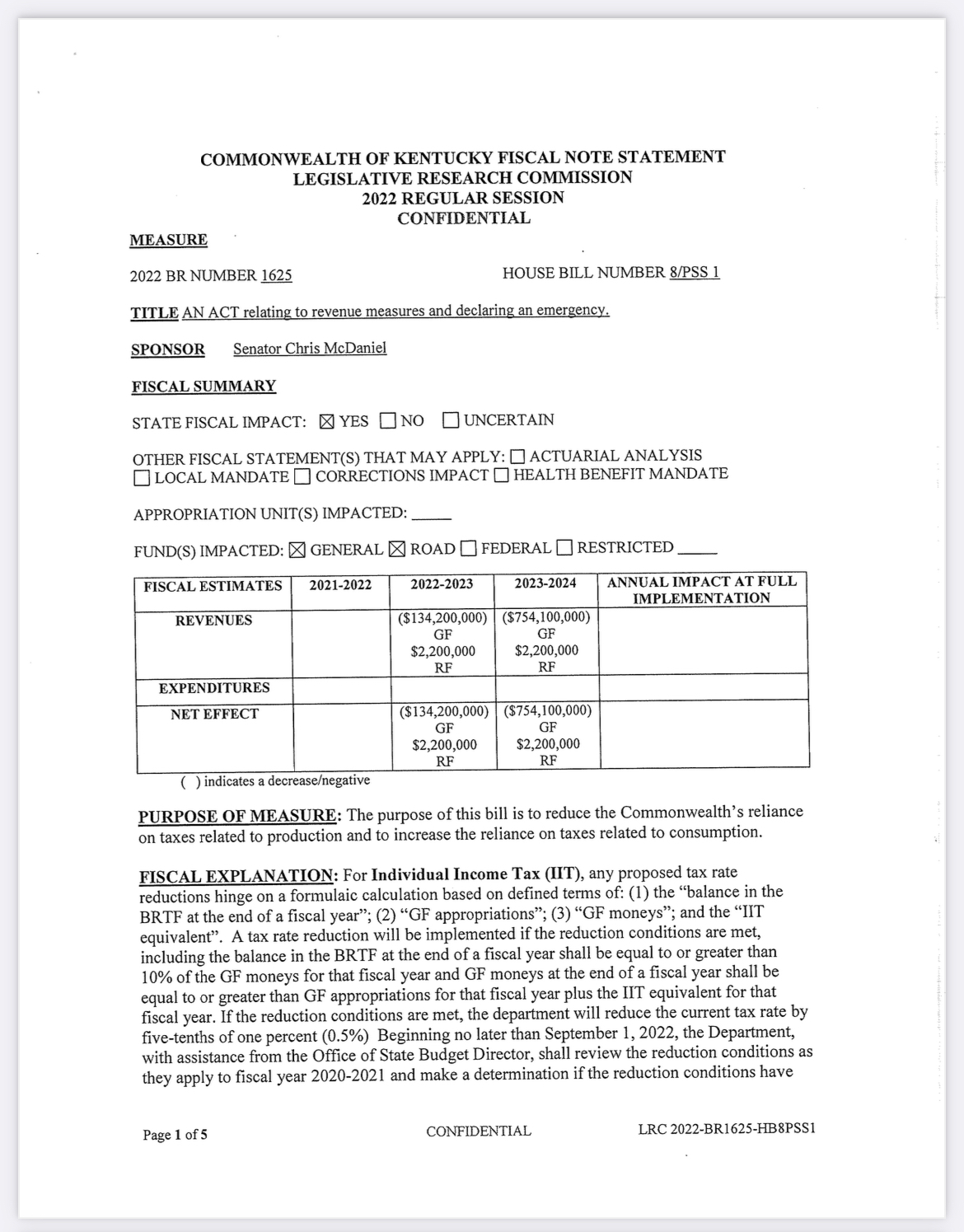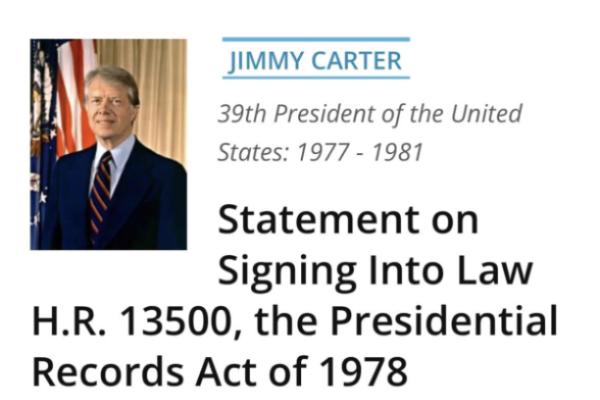
In an eye-opening examination of legislative secrecy that should shock the conscience of every Kentuckian, Louisville Public Media's Joe Sonka asks, "Can a state analysis of how a bill moving through the Kentucky General Assembly would impact state finances [known as a fiscal note] be labeled 'confidential' and hidden from the public?"
For a surprised Sonka, and "more than two dozen current and former state legislators," -- "including six current committee chairs in the Republican supermajority, as well as one member of GOP leadership who were unaware that fiscal notes prepared for already filed bills could be marked confidential and hidden, instead of posted online with the bill" -- the answer is "yes."
"In addition to [Senate President Robert] Stivers, only two of the 30-plus current and former legislators asked by KPR had previously heard of confidential fiscal notes for already filed bills."
In both words and deeds, Kentucky's supermajority sends a clear message that the cost to the taxpayers of proposed legislation is none of the taxpayers' business.
Sonka explains:
"Fiscal note statements are the analyses prepared by the nonpartisan staff of the Legislative Research Commission (LRC), the administrative arm of the Kentucky General Assembly. The notes estimate how a bill will affect state government revenues and expenditures, but they are not required under Kentucky law or the rules of either chamber for a bill to advance — let alone required to be made public, when requested and produced.
"Members of both parties and Kentucky policy advocates criticized this policy on the grounds that it is not just poor government transparency, but bad fiscal policy that could hide the true costs of legislation before it is passed into law."
A case in point:
"[Departing Senator Whitney] Westerfield bemoaned the lack of timely and detailed fiscal analysis during the 2024 session on House Bill 5, the wide-ranging anti-crime bill that passed into law.
"The only public fiscal note for HB 5 was not prepared until Westerfield requested it when it was assigned to the Senate Judiciary committee he chairs, and the resulting note only said the state cost was “indeterminable.” Likewise, the statutorily required corrections impact statement for the bill was not produced until late March, the day before it passed into law.
"Westerfield said he was frustrated by the delay in the fiscal analysis of the bill, which he ultimately voted against. Responding to GOP senators who were saying they didn’t care what the price tag of HB 5 was because it was so important, Westerfield said 'well, if you don’t care, put it out there. Own it. And when the bill comes due, pay it.'
“'I'm not always confident in the figures provided that go into a fiscal note, and I don't always agree with the accuracy of a fiscal note, but it ought to be something that the public can see,' Westerfield said."
Westerfield is in the minority of the supermajority -- or at least it's leadership -- who communicate by means of this secretive practice that they believe taxpayers should be the last to know. That is, presumably, only when the bill they, the taxpayers, will ultimately pay comes due.
Read this powerful "absence of public records" reporting at https://www.lpm.org/news/2024-08-01/confidential-hiding-the-cost-of-leg…



